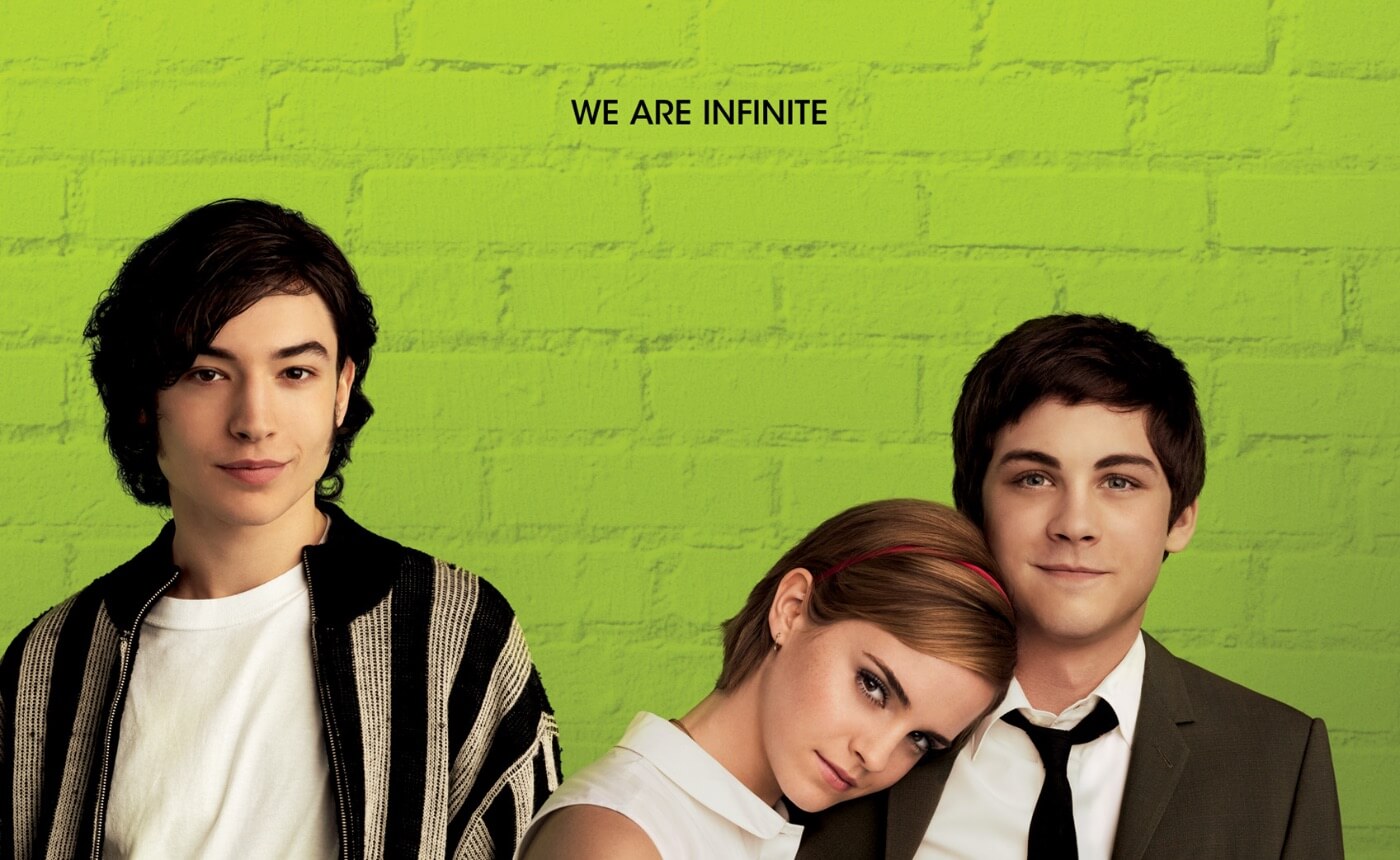I saw the film adaptation of The Perks of Being a Wallflower upon release when I was just 14 years old.
I hadn’t read the book but decided to see the film based on the amusing trailer dialogue, recommendations from a friend, and my slowly manifesting crush on Ezra Miller.
What I didn’t expect was to find myself openly sobbing as the credits rolled up the screen to the sound of David Bowie’s Heroes. It’s honestly one of the most emotional reactions I’ve had to a film.
At this young teenage age, there were several aspects to the characters that I strongly identified with.
Like the main character Charlie (played by Logan Lerman), I was finding it difficult to make friends and connect with other people in my school, and seeing him sitting alone in the cafeteria, or trying in vain to talk to someone he thought might be nice to him was all too understandable.

As a result, Charlie’s journey to feeling more comfortable around other people and making friends who not only embraced and shared his feelings of being an outsider resonated heavily with me.
There were obviously cultural differences between Charlie and I, the film is set in Pennsylvania USA in the nineties, so a lot of the Americanisms went straight over my head. But there were similarities in the story as well, Charlie’s love of writing, for instance, the random conversations about film and music, and, of course, watching Rocky Horror with earnestness.
At the time, I mainly saw this film as a sign that things could get better for someone in my position and that I would eventually make friends who liked me and who actively wanted me to be in their lives.
And that would have been enough as a message to take away from this film, frankly, it’s a lesson I really needed. But, as I grew older, I kept coming back to this film and seeing that there was more and more here that I related to.
One of the most memorable scenes in this film is Charlie’s panic attack near the end of the film, where he feels his friends have left him and is having traumatic flashbacks to moments in his past, feeling overwhelmed by pain, loneliness, and guilt.
My experiences are not identical to Charlie’s, but in the years since I saw the film, I’ve had those same panic attacks. Knocking my fists against my head, feeling a sense of placelessness, worrying less about my own well being than the effect my breakdown could have on others.
I keep coming back to that scene, as well as other moments from the film, with a harrowing understanding.
“There is so much pain and I don’t know how to not notice it,” Charlie says in a psychiatrist’s office.
At 14, I didn’t fully understand that line, just the weight that the scene had. But now, at 22, I recognise it as though it came from my own thoughts. It feels strange to see the darkest parts of your mind seemingly showcased verbatim on the screen.
But what’s just as important from this scene is the subsequent reactions of Charlie’s family and friends. On-screen, there are no subsequent clear conversations about the events, but that doesn’t mean that it doesn’t have an impact. At a family dinner, they clearly show attention to Charlie’s experiences, testing the waters of conversation, and ensuring that he feels included.
There’s no criticism of weakness, just acceptance of him. And when his friends arrive, they act as they always did around him and made clear their love for him and how they wanted him to be in their lives.
It’s important to remember the films that make you feel not alone.
At times where you feel so isolated in your experience, the feeling of support and care that works of art can remind you of can be a light in the darkness.
Everyone will have a movie that holds a special place in their heart for a personal and important reason. The Perks of Being a Wallflower is mine, as it showed me as a teenager, and reminded me as an adult, that however alone I felt, there would still be people who would love me and want me in their lives.
And I will always appreciate it for that.
Love Always,
Mischa.



